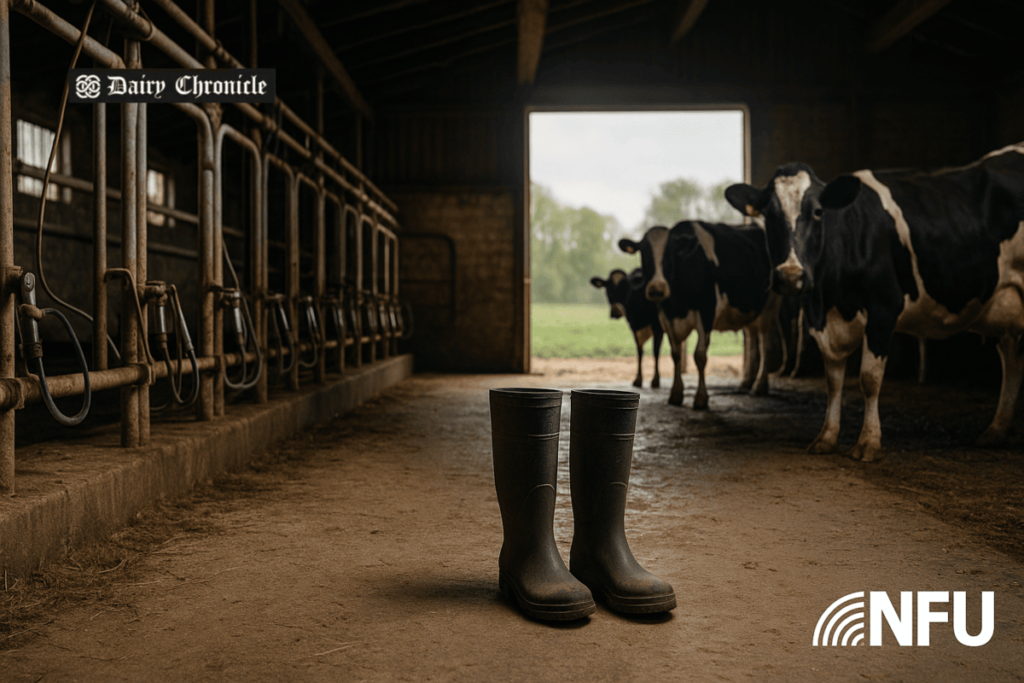A recent UK study reveals that mental health challenges, lack of autonomy, and reduced control over work are pushing dairy farmers—especially in Dorset—to exit the industry.
A recent academic study co-authored by George Holmes, a dairy farmer from Dorset, England, has cast light on the mental health and emotional challenges driving UK dairy farmers out of the industry. The research, titled “Why dairy farmers leave the industry: The role of control, autonomy and self-efficacy,” was conducted in collaboration with agricultural and psychological research institutions and involved more than 400 dairy farmers across the United Kingdom.
Holmes, who continues to work in dairy farming, teamed up with researchers to examine the deeper, often overlooked emotional and psychological pressures that influence farmers’ decisions to leave. Over the last two decades, the number of UK dairy farmers has dropped by more than 56%, a decline that the study attributes largely to a lack of autonomy, control over work, and reduced self-efficacy.
The findings emphasize that structural challenges within the dairy supply chain—such as market fluctuations, policy constraints, and rising costs—are not only economic but also deeply personal. Many farmers feel powerless in shaping their work environment, which has serious implications on their mental well-being and long-term career plans.
Holmes argues for immediate policy intervention and industry-wide reform to offer greater control and flexibility to farmers. “It’s not just about profitability anymore,” he says. “It’s about giving farmers the power to make meaningful decisions in their work.”
The study urges agricultural policymakers and supply chain stakeholders to recognize the emotional toll of modern farming and implement reforms that strengthen farmers’ control, promote autonomy, and support mental and physical well-being.
As the UK dairy sector grapples with declining numbers, such research could shape future farming support systems aimed at not just retaining workers, but sustaining their mental health and long-term engagement.



